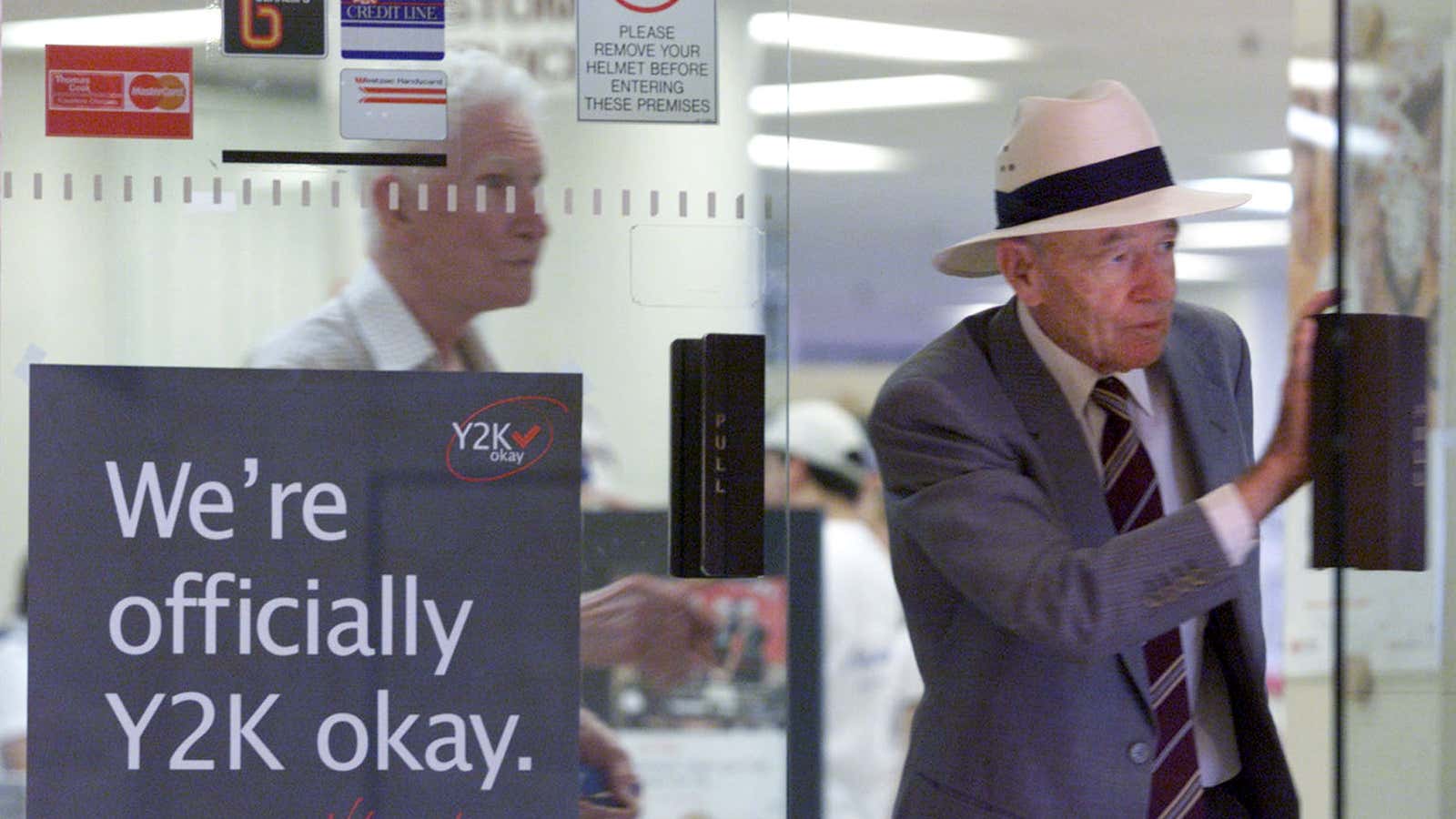The coronavirus crisis has sparked all manner of unexpected consequences, including the Tokyo summer Olympics being postponed and auto insurers reaping extra profits as people stay home. In New Jersey, it’s resulted in something that few people outside that state’s tech department would have foreseen: a dire need for COBOL coders.
Standing for Common Business-Oriented Language, COBOL initially made a splash by giving coders a programming language that could work across the proprietary computers of multiple manufacturers. That was in the early 1960s. After becoming a staple of mainframes, it eventually came to represent dusty legacy code, including during the Y2K crisis 20 years ago. Despite this it’s still widely used to support many business systems, including ATMs and credit card networks, and the developers involved do need COBOL skills.
In New Jersey, experts are now needed to fix COBOL-based unemployment insurance systems that are overwhelmed due to pandemic-related job losses. At a press conference yesterday, governor Phil Murphy asked for the help of volunteer coders who know how to work in COBOL. (Update: In his April 8 media briefing, he indicated they can sign up here.)
Of course, as cyber-security expert Joseph Steinberg noted on his blog, many such volunteers would likely be elderly, making them especially vulnerable to Covid-19. Whether they would risk venturing out (or work on a volunteer basis, for that matter) to fix creaky systems is an open question.
Meanwhile, New Jersey residents are clamoring about delays on their unemployment claims. The state recently experienced a 1,600% increase in claims volume in a single week, said labor commissioner Robert Asaro-Angelo during yesterday’s briefing (video below, at 46:35), noting that “over the prior two weeks we saw more than 362,000 people apply for unemployment as a result of this public health emergency.”
He added, “We’ve made no secrets about the inflexibility of our legacy technology.”
This piece has been updated to clarify that COBOL remains in wide use in many systems today, despite being considered a legacy language.
